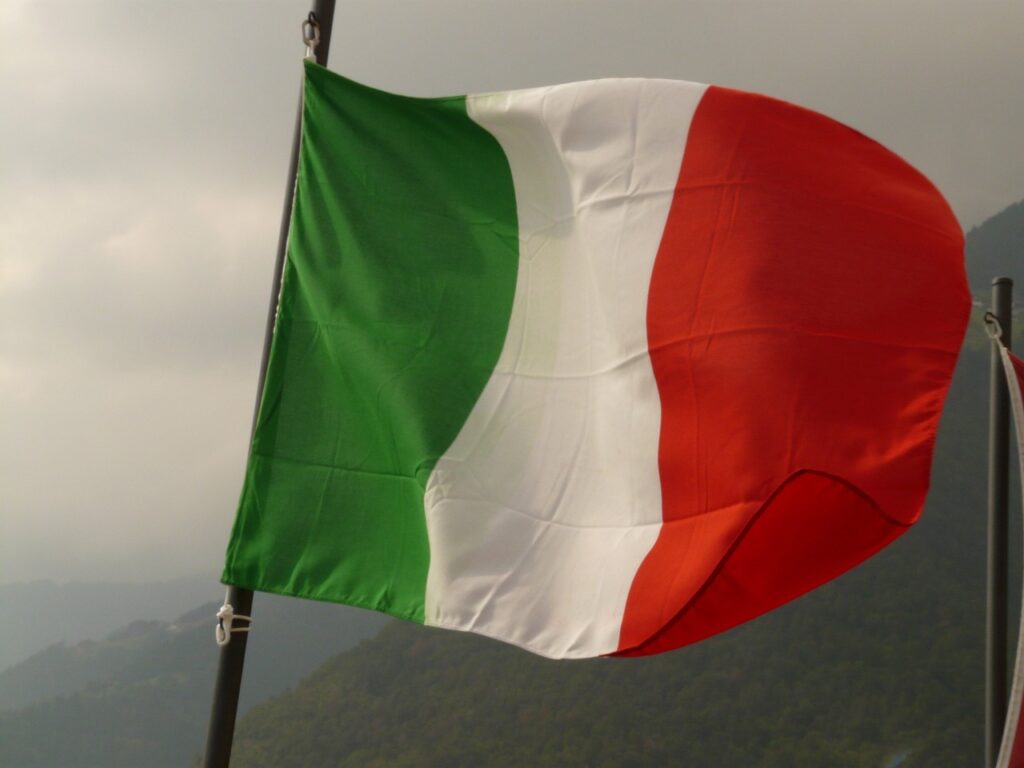Ceylon Italy Blue Economy Association (CIBEA) has embarked on a transformative journey to introduce Green Hydrogen and e-fuel bunkering in the Indian Ocean.
The strategic roadmap, unveiled at the inaugural Sri Lanka Forum in Colombo, lays the foundation for Trincomalee to become a global leader in sustainable development, paving the way for a cleaner maritime fuel future in the region.
The primary goal of the initiative is to position Trincomalee as a central hub for sustainable maritime solutions. The roadmap envisions the development of the Trincomalee Net-Zero Special Economic Zone (SEZ) and the Italy-Sri Lanka Green Corridor, aiming for Sri Lanka to emerge as a global pioneer in sustainable development and clean maritime fuel transportation.
The proposed plan unfolds in three key phases, each marking a significant leap in sustainable practices:
- Building a Solar-Powered Foundation: This initial phase focuses on establishing a large-scale solar PV plant within the SEZ, optimizing grid integration, and electrifying all facilities with eco-friendly alternatives.
- Embracing the Potential of Hydrogen: The second phase explores the feasibility of hydrogen production within the SEZ, developing a dedicated hydrogen infrastructure network, and implementing pilot projects to showcase hydrogen utilization across diverse sectors.
- Exploring the Green Fuel Landscape: The final phase emphasizes continuous research on emerging green fuel technologies beyond hydrogen. It maintains a flexible approach to adapt to advancements and market demands, fostering strong partnerships for knowledge sharing and joint development efforts.
If successful, this initiative could establish Trincomalee as a model for clean maritime fuel transportation. The Green Corridor could potentially revolutionize how maritime transportation approaches sustainability, setting a precedent for the entire Indian Ocean region.
